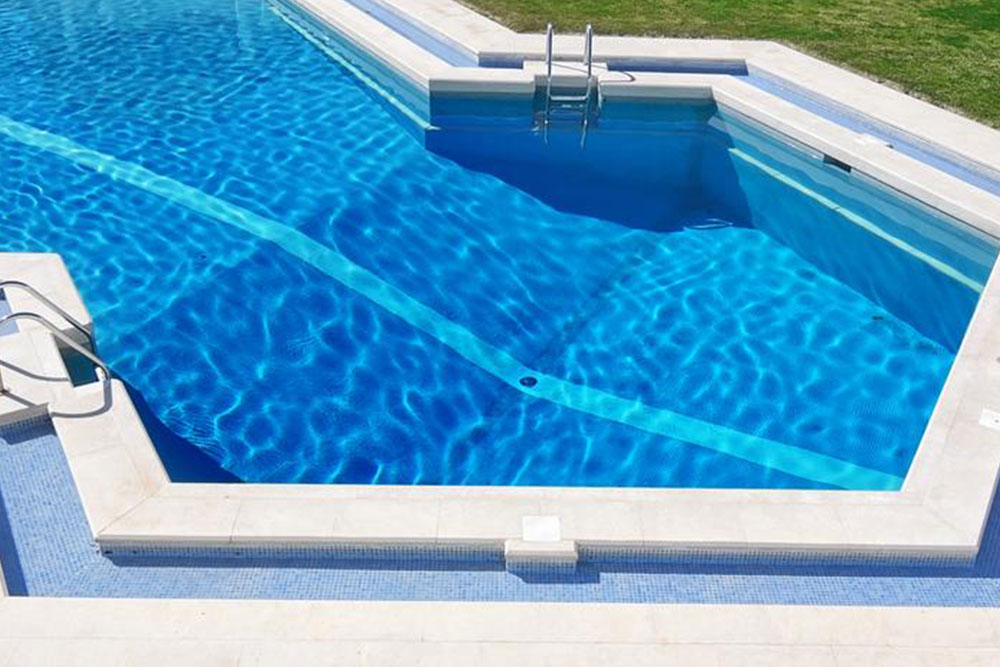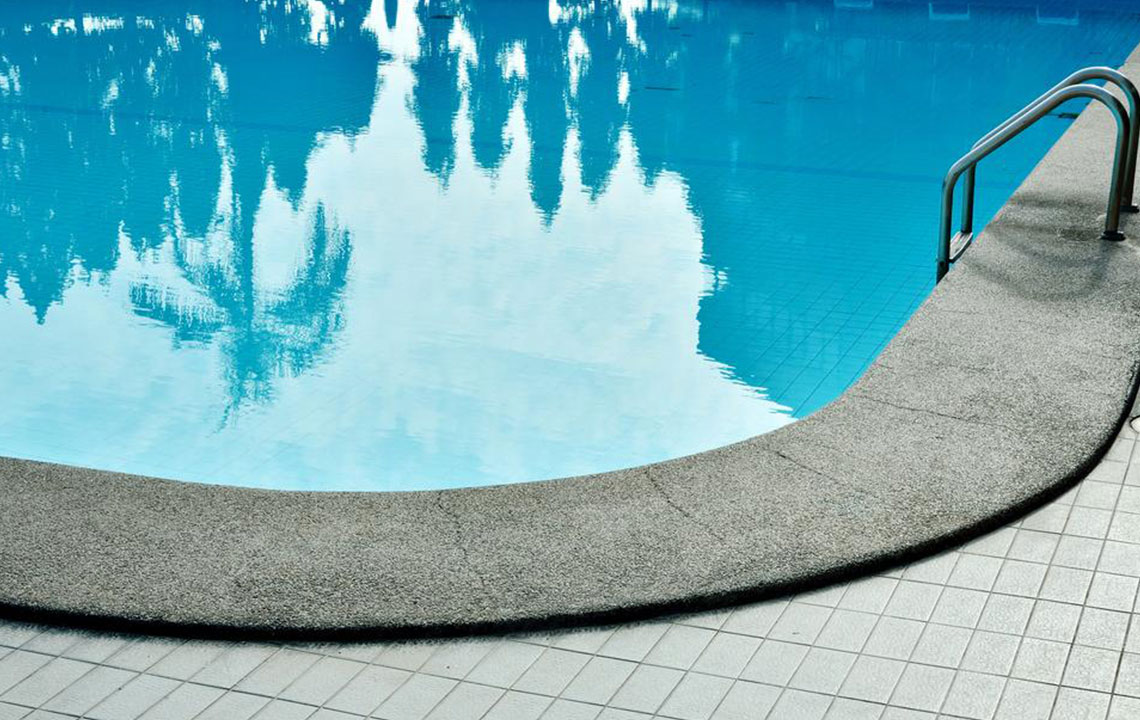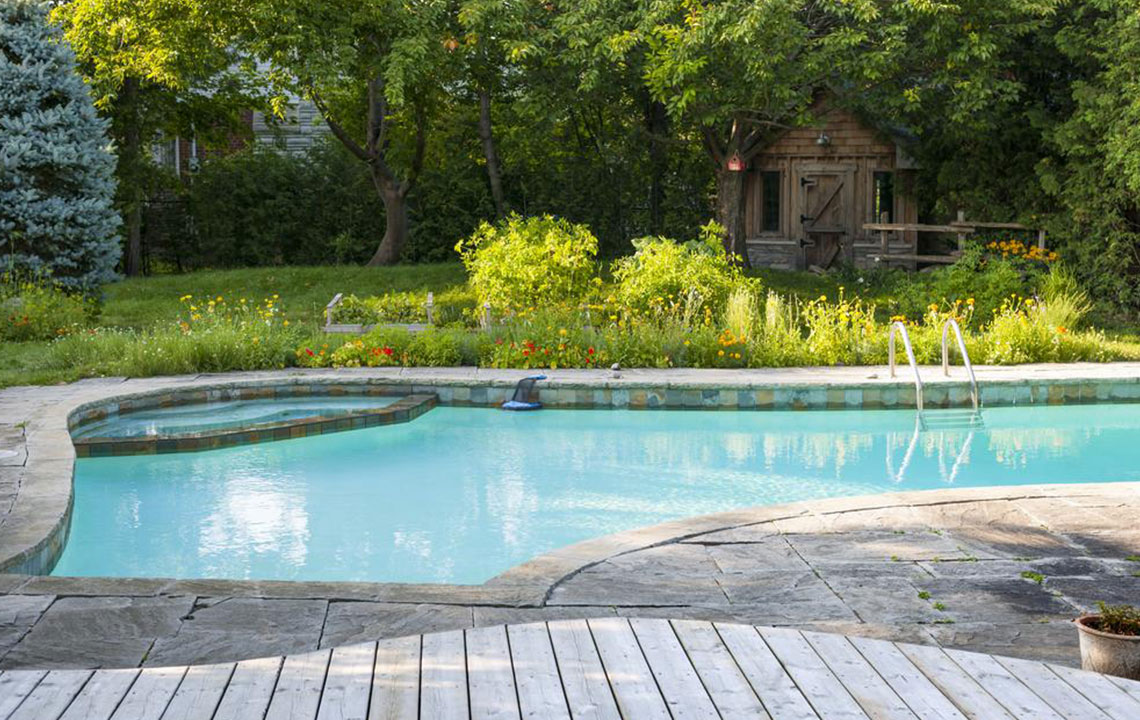How to choose the best pool heater for your swimming pool
A swimming pool is a wonderful addition to any home, providing endless enjoyment during the warmer months. However, as winter approaches and temperatures drop, its appeal can diminish significantly. To continue enjoying pool activities year-round, homeowners should consider installing a pool heater. This investment not only extends swimming time beyond the summer months but also ensures the pool remains a valuable and enjoyable feature of the home, even during colder periods.

1. Choose according to the new purchase or replacement
Are you in the market for a new pool heater altogether or are you searching for a replacement for your old heater? Keep in mind the fact that if you want a replacement heater, you will need to choose a close, if not the exact, replacement that will fit with the existing setup in your pool. Take appropriate measurements of the heater and write down the specifications to avoid buying the wrong-sized heater or one with the wrong specifications. If you are buying a new pool heater, you would need to pay extra for the installation of the same in your home. So plan your budget accordingly.
2. Choose according to the pool size
You will need to choose the size of the pool heater according to the size of your swimming pool, along with the temperature you prefer. Also take into account the fact that a large swimming pool will no doubt require a large heater, which would cost more in terms of purchase, installation, and operation as well. The size of the heater will also increase proportionately to the temperature you require, meaning a warmer pool will require a bigger, more powerful heater.
3. Choose according to the right power source
The choice of a pool heater will depend on the power source used in your backyard. There are many kinds of pool heaters, including natural gas, propane, electric, and solar heaters as well as heat pumps. While natural gas and propane heaters were used in the past, they have been replaced by solar heaters, heat pumps, and electric heaters today.




